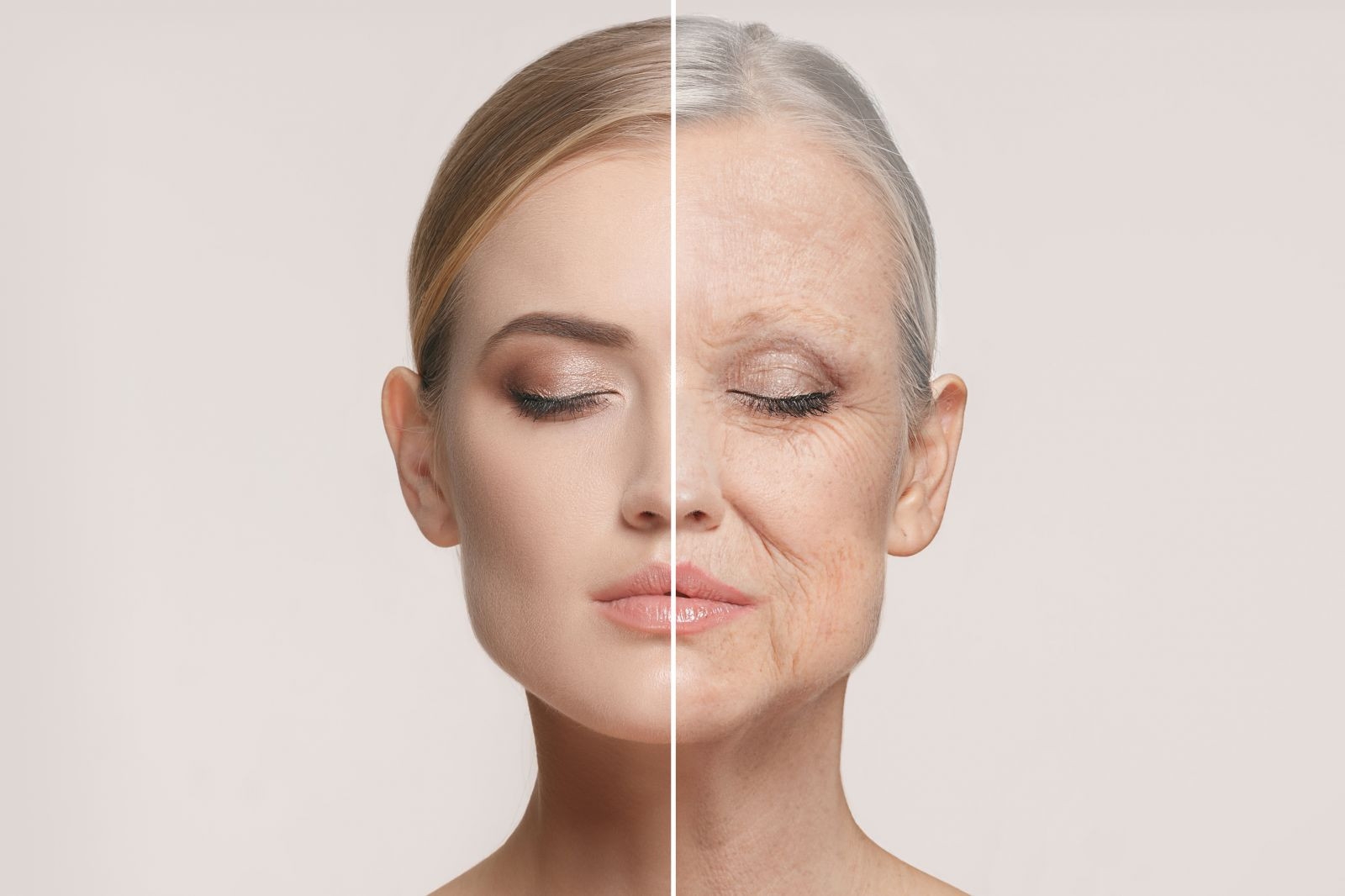Introduction:
Cosmetic surgery has become a global phenomenon, transcending cultural boundaries and evolving into a significant aspect of modern societies. This article delves into the diverse cultural perspectives on cosmetic surgery across the globe, shedding light on the varying attitudes, practices, and societal influences that shape individuals' decisions to undergo aesthetic procedures.
Cultural Influences on Beauty Standards:
Western Ideals and the Pursuit of Perfection:
In Western societies, there's a longstanding pursuit of beauty ideals that often revolve around youthful features, slender figures, and symmetrical facial proportions. The influence of Hollywood and the fashion industry perpetuates these standards, fostering a culture where cosmetic enhancements are embraced as a means to achieve the perceived 'ideal' aesthetic.
Asian Societal Pressures and Cosmetic Transformation:
Across many Asian cultures, beauty standards are deeply rooted in ideals of symmetry, harmony, and specific facial features. Cosmetic surgery, particularly procedures like double eyelid surgery and rhinoplasty, is commonly sought after to align with these standards. Societal pressures and a competitive job market contribute to the acceptance and prevalence of such procedures.
Religious and Ethical Perspectives:
Middle Eastern Views on Modesty and Enhancement:
In the Middle East, cultural norms and religious beliefs often emphasize modesty. However, there's a nuanced acceptance of cosmetic surgery, especially when it comes to procedures that align with cultural standards of beauty. Reconstructive surgeries, such as rhinoplasty, are prevalent and often viewed as a means of restoring natural beauty rather than altering it.
African Perspectives on Individuality and Self-Expression:
African cultures embrace diversity and individuality in beauty. Cosmetic enhancements are approached with a more nuanced perspective, with some communities celebrating unique features and others expressing interest in procedures that enhance self-expression.
Socioeconomic Factors and Accessibility:
Developed Nations and Accessibility:
In developed nations, where economic prosperity is often higher, accessibility to cosmetic procedures is widespread. The normalization of cosmetic surgery within affluent societies contributes to its popularity, creating a ripple effect on cultural perceptions.
Developing Nations and Emerging Trends:
Conversely, in developing nations, socioeconomic factors play a pivotal role in shaping attitudes towards cosmetic surgery. As economies grow, there is an emerging trend of increased interest in aesthetic procedures, reflecting changing cultural norms and aspirations.
Ethical Considerations: Unraveling the Threads
Middle Eastern Contrasts: Modesty and Cosmetic Transformation
In the Middle East, where cultural norms emphasize modesty, our investigation delves into the delicate balance between adhering to traditions and embracing cosmetic enhancements. We explore how certain procedures align with cultural expectations while respecting ethical considerations.
African Mosaic: Celebrating Individuality
Within diverse African cultures, our inquiry focuses on the celebration of individuality. We unravel the intricate tapestry of attitudes towards cosmetic surgery, highlighting the communities that cherish unique features and those expressing interest in procedures as a form of self-expression.
Socioeconomic Dynamics: Accessibility and Impact
Developed Nations: Where Cosmetic Enhancements Thrive
In affluent societies, our analysis examines the widespread accessibility of cosmetic procedures and their normalization. We explore how economic prosperity influences cultural perceptions, creating an environment where aesthetic enhancements are embraced.
Emerging Trends in Developing Nations: Shaping Aspirations
Turning our attention to developing nations, we unravel the emerging trends influenced by socioeconomic factors. As economies grow, so does the interest in aesthetic procedures, reflecting evolving cultural norms and aspirations.
Conclusion:
The cultural perspectives on Cosmetic Surgery in Riyadh are multifaceted, and shaped by historical, societal, and individual influences. Understanding these diverse viewpoints is crucial in fostering a global conversation about beauty standards and acceptance. As the world continues to evolve, so too will the cultural perspectives on cosmetic surgery, making it an intriguing subject worthy of exploration.



